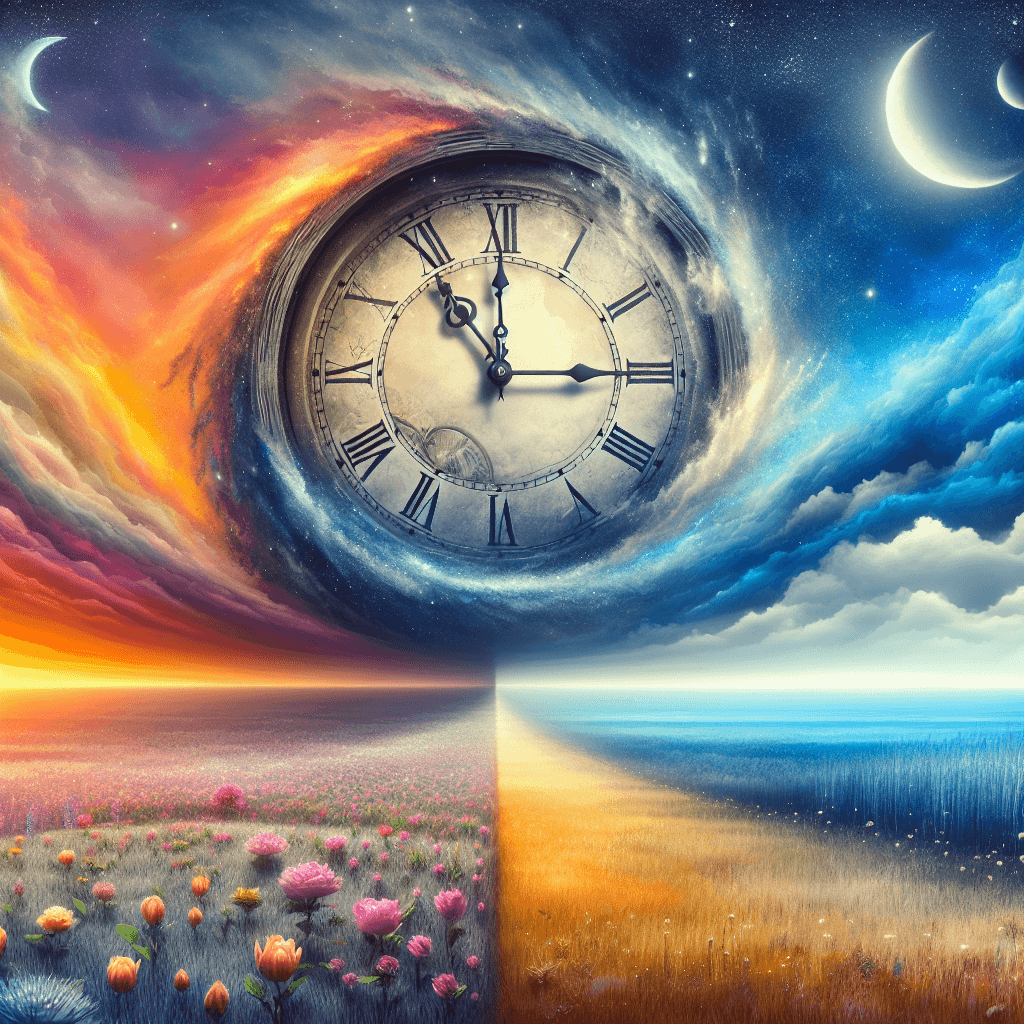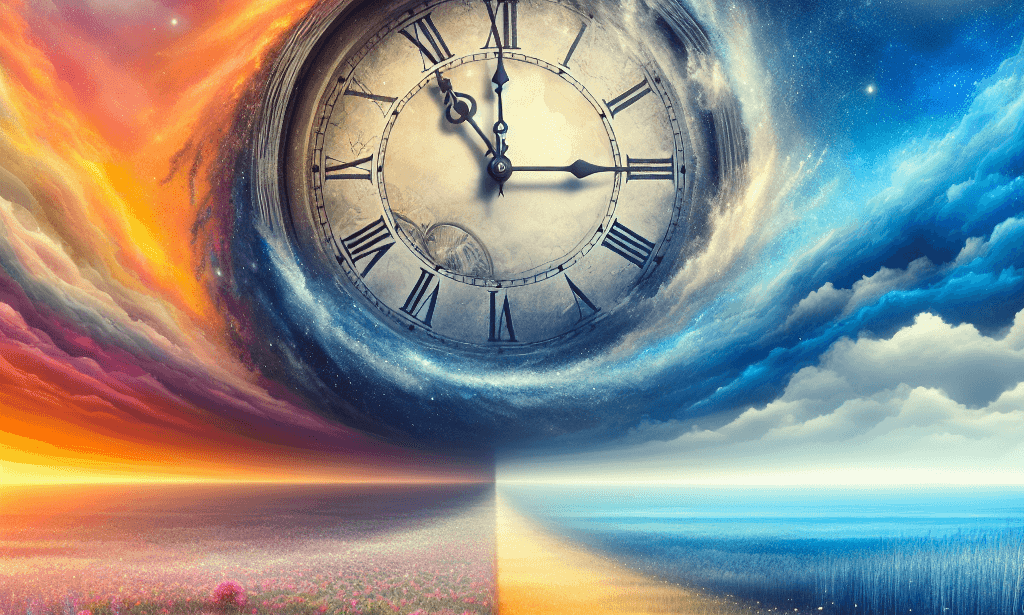
Dreams have been the subject of interest to humankind across many centuries and have managed to intertwine the fabric of the subconscious mind with dainty threads of imagination, reality, and, more often than not, riddles from other ages. If you have lately been having dreams that span totally different time eras, then you are not alone. This phenomenon borders on several aspects of psychology, neuroscience, history, and timeless human curiosity. This essay shall give insights into what could be the possible reasons of such dreams, considering memory, the subconscious, cultural influences, or mysteries lying in the human brain
Have an interesting dream to share? Join Questmist to document your dreams, get expert interpretations, and connect with a community of dreamers — Register Now or Login to begin your journey!
The Nature of Dreams
Dreams are a mix of memories, experiences, unconscious thoughts, and emotions that our brain puts together when we rest. According to the theory of psychoanalysis by the great Sigmund Freud, dreams unleash our subconscious mind. According to another great psychologist, Carl Jung, not only is the collective unconscious represented through dreams, but they are also connected to the collective unconscious—a pool of common human experiences and archetypes.
This sort of information processing by the archetypes can result in dreams about various time eras, such as being a knight and living in medieval times where you have to deal with issues of heroism or fighting. On the other hand, you find yourself in the future, probably addressing issues of development or insecurity.
Role of Memory
Our brains are the makers of such prodigious storage devices that gather information from every second of our lives. Limited moments of our lives, which we might not recall knowingly, come back to us in the form of dreams. Other neurobiologists believe that dreams help consolidate memory by processing new information and putting it into slots with other memories.
Mind-blowingly, the memories which comprise our dreams may not be limited just to our personal experiences. Humans have mirror neurons that help us put ourselves in another person's shoes. In other words, these experiences become ours, too—like the events of history, the books we read, movies, or stories heard and then imprinted onto our brains to resurface as time-spanning dreams.
Subconscious Research: A Leap through the Ages
The human subconscious is very adept at symbolism and uses metaphors, with the most common use being different periods in time. Ancient times could represent the pursuance of knowledge or searching for roots. Dreams about the future can mean aspirations, fears, or simply just a lot of unpredictability.
Such time travels could be the way your mind tries to make sense of today's emotions and experiences by setting them against other contexts. For instance, a feeling of being trapped in a life circumstance for the present is likely to be changed into a dream about imprisonment. On the other hand, anxiety due to uncertainty in the future may set dreams against a futuristic scenario.
Cultural and Evolutionary Influences
Cultural and social aspects are huge in what we dream. The stable of media—movies, books, TV programs, and now the Internet—is what our brains are bombarded with images and stories that are drawn upon multiple eras. That mix can then erupt into the form of dreams time-traveling across eras.
From an evolutionary point of view, one could even say that the survival of our ancestors depended on the ability to simulate possible dangers and ways to solve such situations. The functionality of dreams could be to serve as a training field for problem resolution, including settings from multiple time frames. The dreams we have today could represent evolution of that feature, which condenses—through experience—the partial experiences of our ancestors, combined with stimuli from our modern world.
You don't need to buy or pay for a subscription , Join Questmist to document your dreams, get expert interpretations, and connect with a community of dreamers — Register Now or Login to begin your journey!
Neuroscientific Insights
Neuroscientifically, dreams are activity xinrelated to parts of the limbic system, a structure containing the hippocampus and the amygdala. The hippocampus is crucial to the formation of memories, while the amygdala processes emotions. Interactions between these parts of the brain give rise to emotionally charged, vivid dreams that borrow from different memories and experiences, sometimes even covering absolutely different time frames.
One influential neuroscientists' activation-synthesis hypothesis, that of John Allan Hobson and Robert McCarley, holds that dreams are the result of the brain's attempt at making sense out of random neural activity during sleep. This can loan from scattered memories and emotions like a quilt maker to weave coherent or fantastical narratives that leap through time periods.
Conclusion: Interpreting Temporal Dreams
Such dreams, across different eras, speak to the infinite imagination and involution of the human mind. Whether they come from the deepest layers of our subconscious, from the huge memory stores, or from the infinitely complicated neural systems of our brain, these dreams open a unique window onto our psyche.
Knowing why you have dreams from other time periods will not always be clear, but the understanding can bring great insight into your inner world. Embracing these nocturnal journeys as opportunities for self-exploration and reflection will further your connection with both your subconscious and your waking life. After all, it is said that the beauty of a dream lies in its mystery, continuing the age-long quest for an understanding of that enigma known as the human mind.

You must be logged in to post a comment. Please Login or Register .